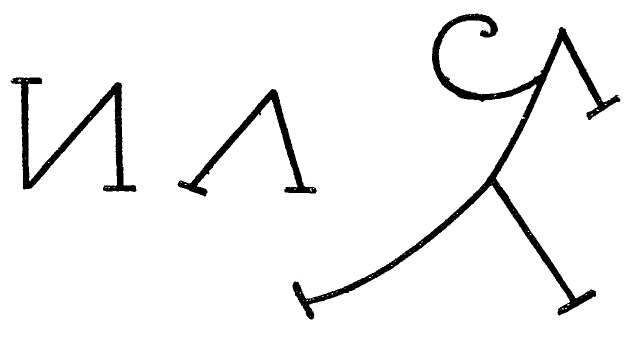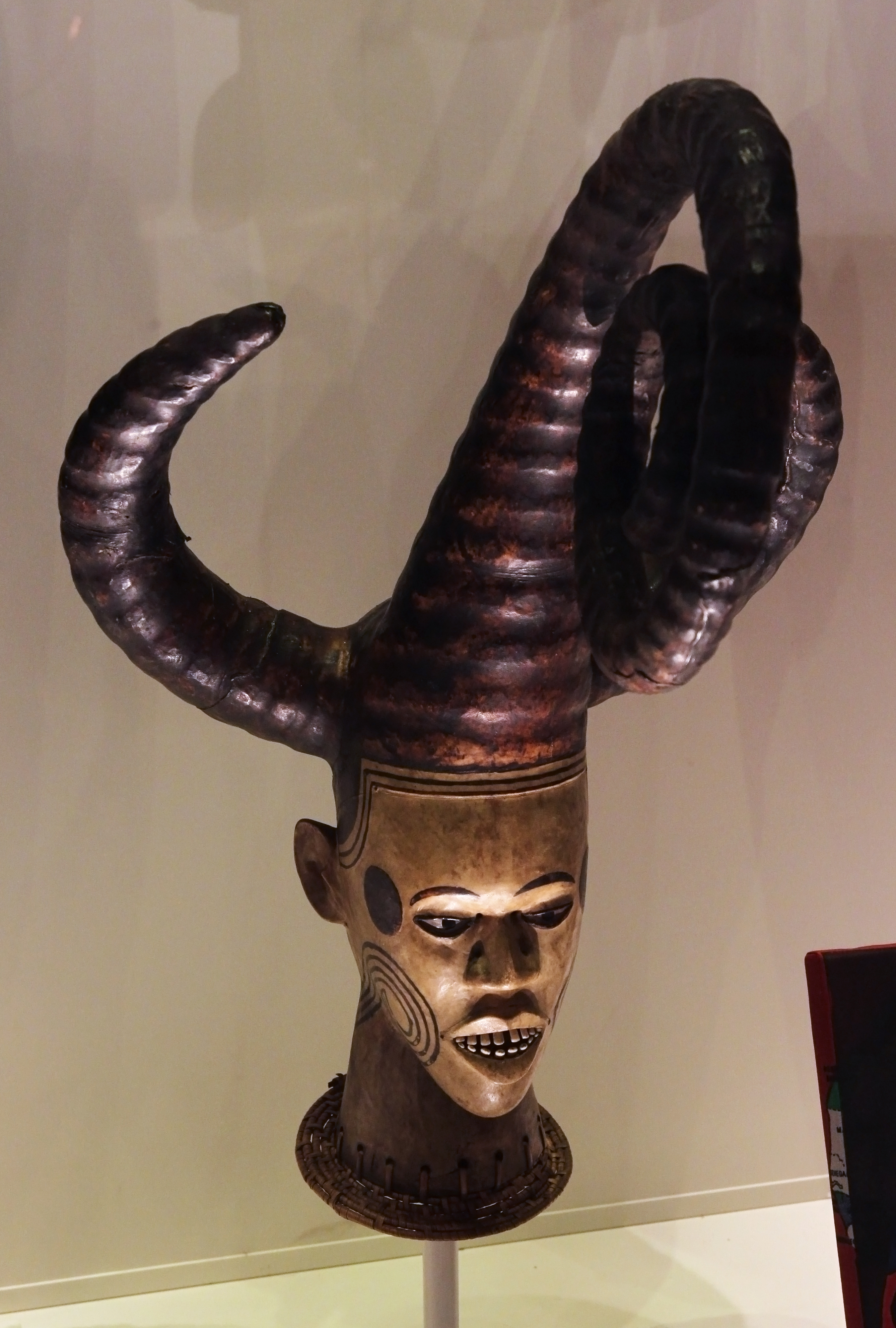|
Uruan
Uruan is located in the south of Nigeria and is a Local Government Area of the Akwa Ibom State. Uruan Local Government Area was created in 1988 from the Uyo Local Government Area. It covers an approximate land mass of 449 km2. Its population, according to the 2016 Census is 164,000. The Capital City of Uruan Local Government is Id[ The area lies in the rain forest belt with extensive arable land and the region abounds with the wildlife, raffia palm and timber. The rich coastal plains support the cultivation of crops such as cassava and maize. Uruan people speak the Uruan language. History Uruan people have maintained a good relationship with their neighbors. Their seven-clan structure is also maintained. This is the structure depicted during the coronation and burial of the Edidem Atakpor, the Nsomm of Uruan, by the presence of seven traditional bow-men, seven spear-men, seven sword-men, and seven royal staff-men each of which represent Essien Uruan. The principal deity of ... [...More Info...] [...Related Items...] OR: [Wikipedia] [Google] [Baidu] |
Ibibio Language
Ibibio is the native language of the Ibibio people of Nigeria, belonging to the Ibibio-Efik dialect cluster of the Cross River languages. The name ''Ibibio'' is sometimes used for the entire dialect cluster. In pre-colonial times, it was written with Nsibidi ideograms, similar to Igbo, Efik, Anaang, and Ejagham. Ibibio has also had influences on Afro-American diasporic languages such as AAVE words like buckra, and buckaroo, which come from the Ibibio word mbakara, and in the Afro-Cuban tradition of abakua. Geographic distribution Ibibio is the language of the Ibibio people. The Ibibio people are found in Southeastern Nigeria in Akwa Ibom State, Cross River State, and Eastern Abia State ( Arochukwu and Ukwa East LGA's). Ibibio communities in Opobo Nkoro and Oyigbo LGA's of Rivers State are largely unknown. Some Ibibio are found in other countries (Western Cameroon, Bioko and Ghana). Phonology Consonants * are bilabial, whereas is labiodental. ** has two ... [...More Info...] [...Related Items...] OR: [Wikipedia] [Google] [Baidu] |
Cross River State
) , image_map = Nigeria - Cross River.svg , map_alt = , map_caption = Location of Cross River State in Nigeria , coordinates = , coor_pinpoint = , coordinates_footnotes = , subdivision_type = Country , subdivision_name = , subdivision_type1 = Geopolitical Zone , subdivision_name1 = South South , established_title = Date created , established_date = 27 May 1967 , seat_type = Capital , seat = Calabar , government_footnotes = , governing_body = Government of Cross River State , leader_party = APC , leader_title = Governor , leader_name = Benedict Ayade , leader_title1 = , leader_name1 = ... [...More Info...] [...Related Items...] OR: [Wikipedia] [Google] [Baidu] |
Southwest Region (Cameroon)
The Southwest Region or South-West Region () is a region in Cameroon. Its capital is Buea. , its population was 1,553,320. Along with the Northwest Region, it is one of the two Anglophone (English-speaking) regions of Cameroon. Various Ambazonian nationalist and separatist factions regard the ''Sud-Ouest'' region as being distinct as a polity from Cameroon. Administration The region is divided into six divisions or departments: Fako, Koupé-Manengouba, Lebialem, Manyu, Meme, and Ndian. These are in turn broken down into subdivisions. Presidentially appointed senior divisional officers () and subdivisional officers () govern each respectively. Ambazonian separatism Separatists from the Ambazonia administration regard both the Nord-Ouest (Northwest) and Sud-Ouest (Southwest) regions as being constituent components of their envisaged breakaway state. Geography The region was notable for having the first English-speaking university in Cameroon (the University of Buea). To ... [...More Info...] [...Related Items...] OR: [Wikipedia] [Google] [Baidu] |
Rio Del Rey
The Rio del Rey (also called Rio del Ray) is an estuary of a drainage basin in West Africa in Cameroon. It is located in the eastern area of the Niger River system.African Basins pp. 173-176 The Cameroon volcanic line separates Rio Del Rey from the Douala basin. Rio del Rey has been described as an estuary in which "the two rivers N'dian and Massake flow out". pp. 127-133. The mouth is close to the |
Idomi
Idomi is a village in Yakurr Local Government of Cross River State, Nigeria Nigeria ( ), , ig, Naìjíríyà, yo, Nàìjíríà, pcm, Naijá , ff, Naajeeriya, kcg, Naijeriya officially the Federal Republic of Nigeria, is a country in West Africa. It is situated between the Sahel to the north and the Gulf of G .... References {{coord missing, Nigeria Villages in Cross River State ... [...More Info...] [...Related Items...] OR: [Wikipedia] [Google] [Baidu] |
University Of Uyo
The University of Uyo is located in Uyo, capital of Akwa Ibom State, Nigeria. The university was formerly known as the University of Cross River State, Uyouniuyo.edu.ng. On 1 October 1991 the Federal government of Nigeria established it as a Federal University nuc.edu.ng the name was changed to the University of Uyo. The university inherited students, staff, academic programmes and the entire facilities of the erstwhile University of Cross River State established by Cross River State in 1983. It must be placed on record that what is today University of Uyo passed through several metamorphoses. It grew from a Teacher's College (TC) to Advanced Teacher's College (ATC), College of Education (COE), which became an affiliate of University of Port Harcourt to run degree programmes to a State University, University of Cross River (UNICROSS), and then to its present status in 1991. Academic activities commenced during the 1991/92 academic session. The University of Uyo has 13 fac ... [...More Info...] [...Related Items...] OR: [Wikipedia] [Google] [Baidu] |
Efik Language
Efik (''Usem Efịk'') is the indigenous language of the Efik people, who are situated in the present-day Cross River state and Akwa Ibom state of Nigeria, as well as in the North-West of Cameroon. The Efik language is mutually intelligible with other lower Cross River languages such as Ibibio, Annang, Oro and Ekid but the degree of intelligibility in the case of Oro and Ekid is unidirectional; in other words, speakers of these languages speak and understand Efik (and Ibibio) but not vice versa. The Efik vocabulary has been enriched and influenced by external contact with the British, Portuguese and other surrounding communities such as Balondo, Oron, Efut, Okoyong, Efiat and Ekoi (Qua). Classification The Efik Language has undergone several linguistic classifications since the 19th century. The first attempt at classifying the Efik Language was by Dr. Baikie in 1854. Baikie, p.420 Dr Baikie had stated, "All the coast dialects from One to Old Kalabar, are, either ... [...More Info...] [...Related Items...] OR: [Wikipedia] [Google] [Baidu] |
Nsibidi
Nsibidi (also known as nsibiri, nchibiddi or nchibiddy) is a system of symbols or proto-writing developed in what is now the far South of Nigeria. They are classified as pictograms, though there have been suggestions that some are logograms or syllabograms. Use of the symbol system was first described in 1904. Excavation of terracotta vessels, headrests, and anthropomorphic figurines from the Calabar region of southeast Nigeria, dated to roughly the 5th to 15th centuries, revealed "an iconography readily comparable" to ''nsibidi''. There are several hundred nsibidi symbols. They were once taught in a school to children. Many of the signs deal with love affairs; those that deal with warfare and the sacred are kept secret. Nsibidi is used on wall designs, calabashes, metals (such as bronze), leaves, swords, and tattoos. It is primarily used by the Ekpe leopard society (also known as Ngbe or Egbo), a secret society that is found across Cross River State among the Ekoi, Efik, I ... [...More Info...] [...Related Items...] OR: [Wikipedia] [Google] [Baidu] |
States Of Nigeria
Nigeria is a federation of 36 states and 1 federal capital territory. Each of the 36 states is a semi-autonomous political unit that shares powers with the federal government as enumerated under the Constitution of the Federal Republic of Nigeria. The Federal Capital Territory (FCT), is the capital territory of Nigeria, and it is in this territory that the capital city of Abuja is located. The FCT is not a state but is administered by elected officials who are supervised by the federal government. Each state is subdivided into local government areas (LGAs). There are 774 local governments in Nigeria. Under the constitution, the 36 states are co-equal but not supreme because sovereignty resides with the federal government. The constitution can be amended by the National Assembly, but each amendment must be ratified by two-thirds of the 36 states of the federation. Current states and the Federal Capital Territory Evolution of Nigerian states Government States of Nigeri ... [...More Info...] [...Related Items...] OR: [Wikipedia] [Google] [Baidu] |
Ekpe
Ekpe, also known as Mgbe/Egbo ( Ekoi language: ''leopard''; derived from the Ibibio term for the same), is a West African secret society in Nigeria and Cameroon flourishing chiefly among the Efiks. It is also found among a number of other ethnic groups, including the Bahumono of the Cross River State, the Ibibio, the Uruan and the Oron of Akwa Ibom State, Arochukwu and some other parts of Abia State, as well as in the diaspora, such as in Cuba and Brazil. The society is still active at the beginning of the 21st century, now playing more of a ceremonial role. There are two distinct but related societies. The primary society is located in the Cross River, Akwa Ibom and Arochukwu areas of Nigeria, and the secondary society consists of members from the Southern and Eastern Igbo groups of the same country. Ekpe ''Ekpe'' is a mysterious spirit who is supposed to live in the jungle and to preside at the ceremonies of the society. Members of the Ekpe society are said t ... [...More Info...] [...Related Items...] OR: [Wikipedia] [Google] [Baidu] |




